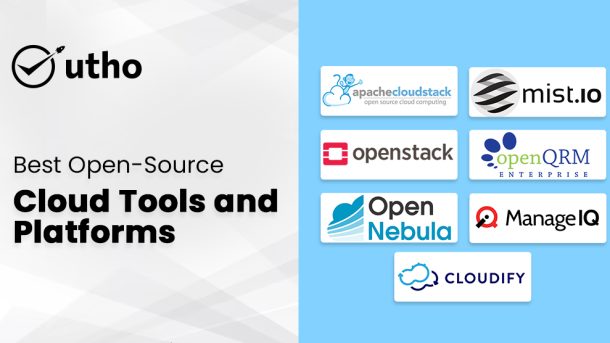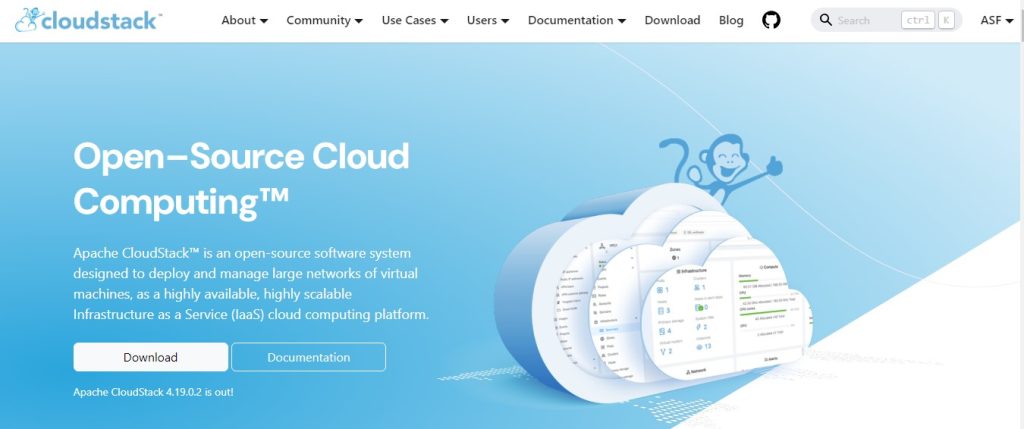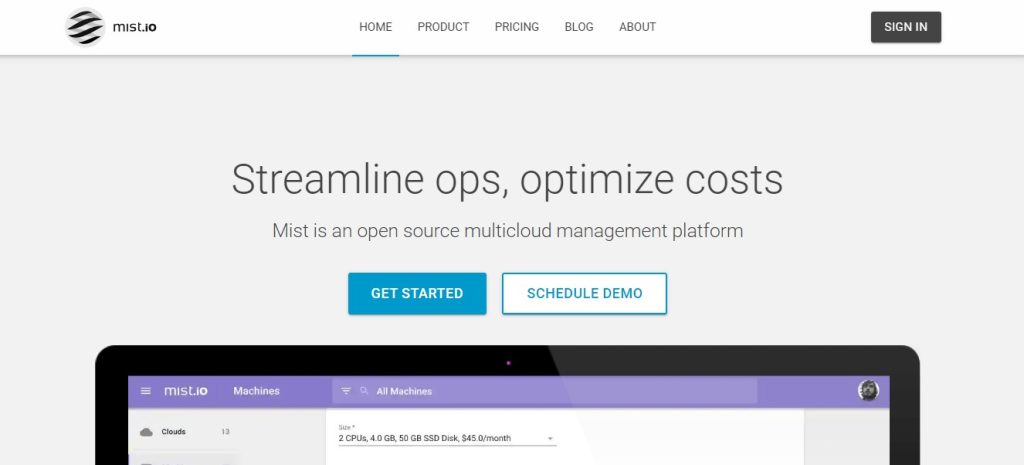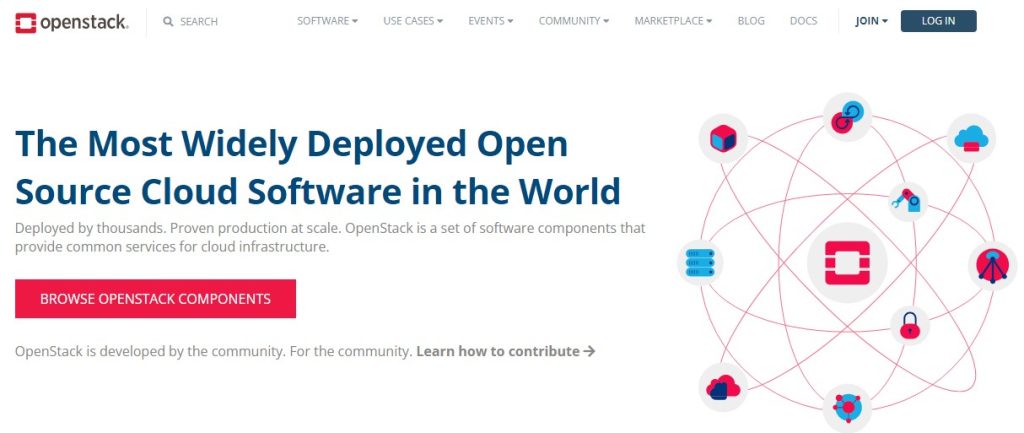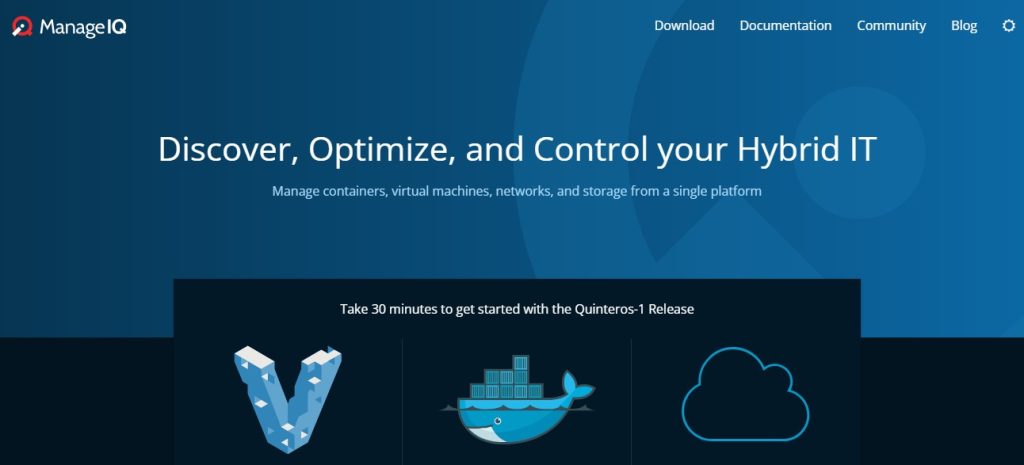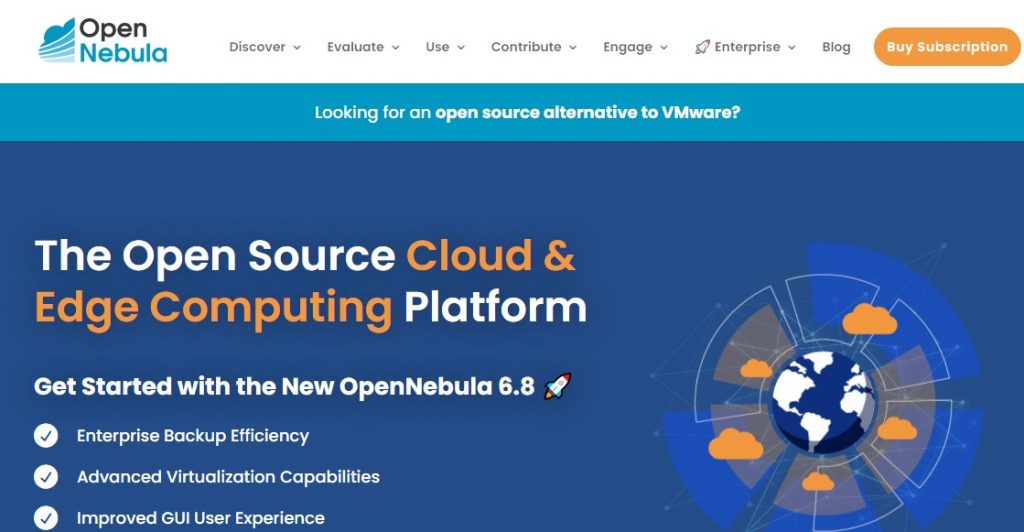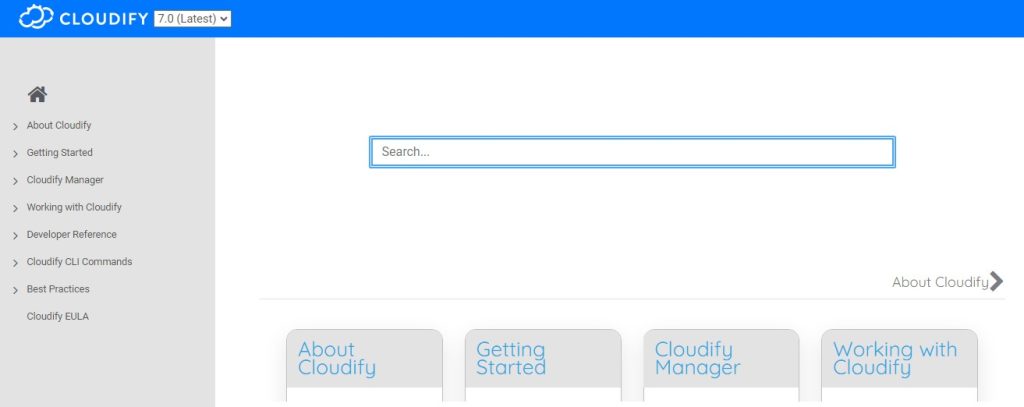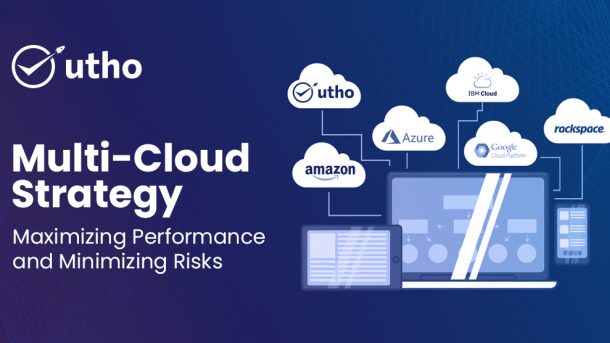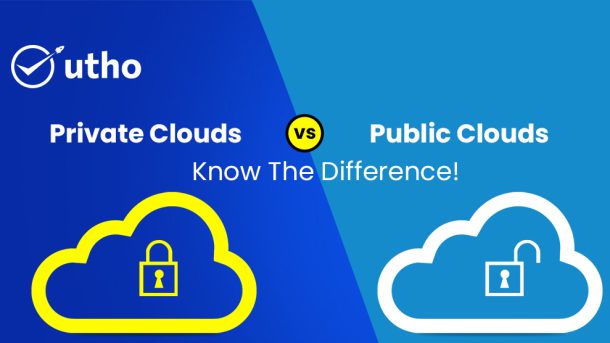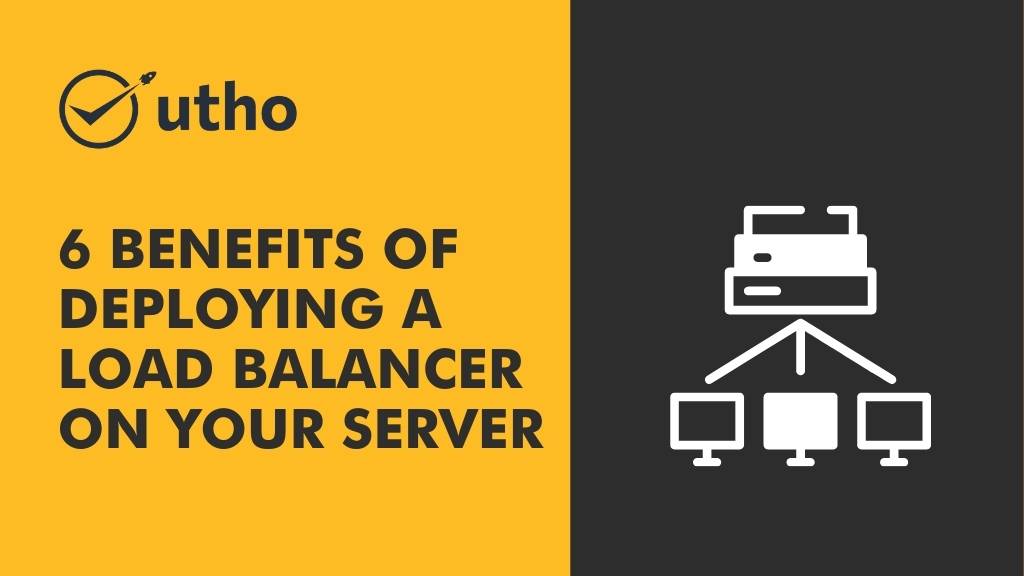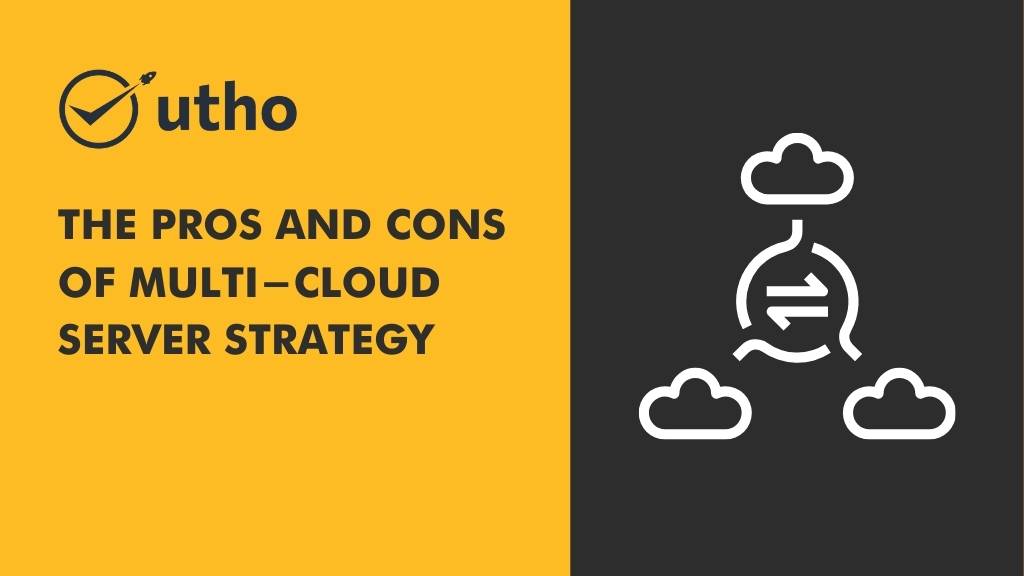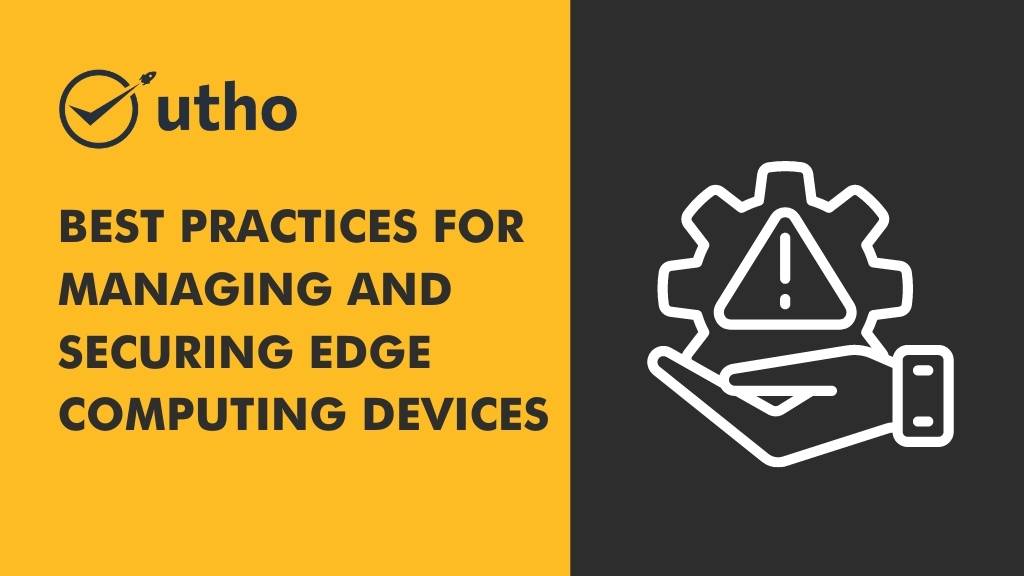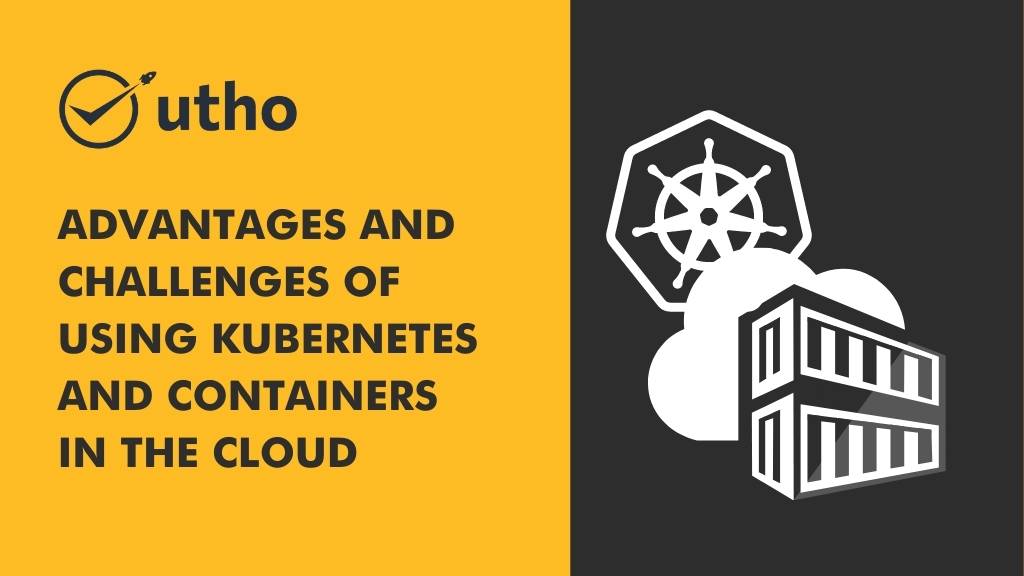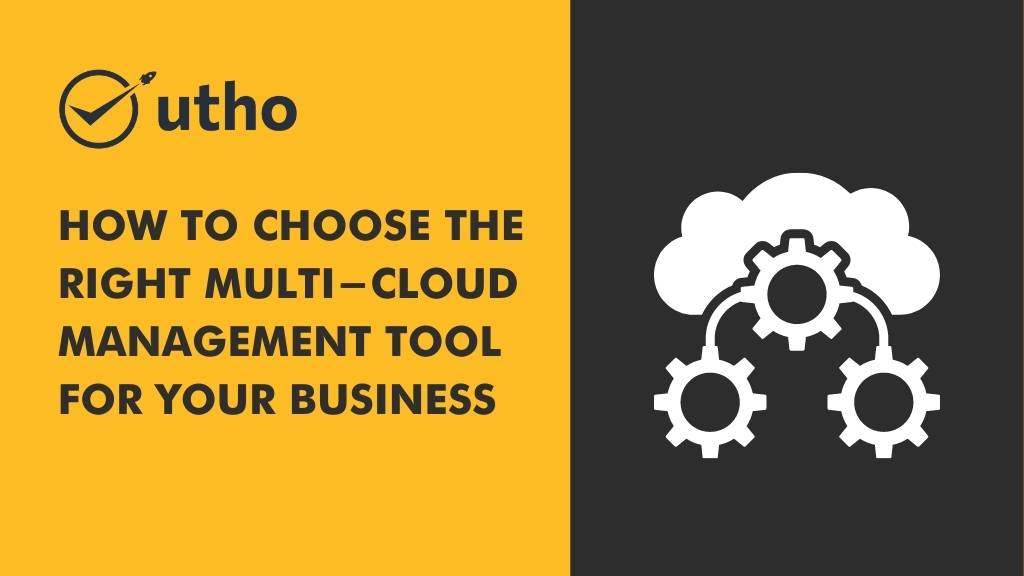Microservices architecture is a very popular concept in the technology world today. Everyone wants to build applications with microservices. But, it might not be the best architecture for their application (more on that later).
In this blog, we explore microservices architecture. We cover its many uses, traits, and benefits. We'll start by explaining the basic idea of microservices. Then, we'll delve into their complex features. We also discuss how large applications can benefit from this architecture. In addition, we highlight the challenges of using microservices. We also explore how they support DevOps. And, we describe their promising future.
What is microservices architecture used for?
The Microservices architecture is designed to speed up app development. It does this by breaking monolithic apps into smaller parts. These parts are easier to manage. This approach is common in Java-based systems. These systems include those built with Spring Boot.
How does microservices architecture work?
A microservices architecture divides big apps into smaller services. Each one handles a specific aspect, like logging or data retrieval. Together, these microservices form a single application.
Clients make requests through the UI. The microservices then process them through an API gateway. This installation allows for efficient solving. It's able to handle complex problems that need several microservices.
Microservices make it easy to build, use, scale, and deploy each service. You take charge on your own. The services don't share code or features. This setup ensures clear separation and specialization. Well-defined APIs manage communication between application components.
Each service in the system solves specific problems. If necessary, you can split it into smaller services. This flexibility gives developers many troubleshooting options. It even lets them anticipate problems they may not yet foresee.
Comparing Microservices and Service-Oriented Architectures
Both microservices and service-oriented architectures aim to break down monolithic applications. But, they do so in unique ways. Here are some examples of how a microservices architecture can be implemented:
Site Migration
Move a complex site from a monolithic platform to a microservices one. This allows for better scalability and management.
Media Content
Store images and videos in scalable object storage. They will be delivered directly to web or mobile apps.
Transactions and Billing
Split payment processing and ordering into separate services. This will ensure payment processing even when there are billing issues.
Data processing
It supports modular data processing pipelines. They use cloud-based microservices. This lets services be made, managed and used separately. It increases agility and efficiency.
How can large applications benefit from microservices architecture?
Large companies such as Netflix, Amazon, Spotify, and PayPal use microservice architecture. It has become a popular approach. Here are some key benefits:
Independent scaling capabilities
You can independently scale each service according to specific demand. For example, the product list can expand during a sale if user management remains stable. This avoids additional booking.
Faster development cycles
Teams can work on different services simultaneously, which speeds up development. For example, the payment team can add a new gateway. They can do this without involving the subscription or user management team. Automated testing and CI/CD pipelines allow for many daily deployments. They don't impact the whole system.
Resilience and failure
Services function on their own. So, a failure in both doesn't affect the whole application. Circuit breakers prevent successive failures by disconnecting the faulty services.
Adaptability to new technologies
Polyglot programming enables teams to utilize the best technology in each service. For instance, they use Python for computing, Java for payments, and Node.js for the UI backend. Services can gradually switch to new tech. They can do this without rewriting the entire application.
Sustainability and modularity
Each service has a single responsibility. It focuses on a specific business opportunity. This setup makes the codebase modular and easy to maintain. It fixes issues and updates.
Complexity
Decomposition breaks down large applications into manageable components. Domain-Driven Design (DDD) aligns microservices with business domains. This makes the architecture better meet business needs.
Global distribution
Geographic distribution enables deploying services close to users, which reduces latency. For example, implementing a CDN and authentication services in different regions.
Security and Compliance
Services may be isolated to meet certain security and compliance requirements. For example, payment services may have stricter security controls than recommendation engines. You can implement centralized security controls at the API gateway. These include authentication and rate limiting.
Monitoring and Observability
You can monitor each individual service to check its performance and error rate. This breakdown provides a complete view of the request flows of multiple services.
Lower deployment risk
Blue/Green deployments and Canary builds mitigate risk through staged update releases. Error detection triggers swift reversion to a stable version.
Microservices architecture provides scalability, speed, reliability, and flexibility. It's ideal for large and complex applications.
Microservice Architecture Challenges
Microservice architectures offer significant benefits but also come with significant challenges. Moving from a monolithic approach to microservices makes management more complex. Here are some key challenges to consider before implementing a microservices architecture:
Complexity
Microservices contain many services that must work together to create value. As each service becomes simpler, the overall system becomes more complex. Managing the deployment of hundreds of services with different versions can be difficult. In a monolithic application, processes communicate easily. In contrast, services need to communicate with each other, which is more complex. Microservices must have a plan to manage how services communicate. They do so between servers and locations.
Network issues and latency
Because microservices rely on service-to-service communication, network issues must be managed effectively. Calling a chain of services in one request can add latency. This requires careful API design to avoid chatty API calls. We've considered using asynchronous communication models. These include message-passing systems. They can help to reduce these problems.
Development and Testing
Testing E2E processes for microservice endpoints is hard. This is especially true when multiple microservices must work as one app. Current tools may not fit with service dependencies. It's hard to cross service boundaries.
Data integrity
Each microservice has its own data persistence. This can make data consistency hard. Potential continuity is often fine. But, keeping transactions between services honest is hard. It needs careful planning.
Despite this, many organizations are adopting microservices. They do so to gain their benefits. They adapt their technologies and processes. They do this to manage the complexity of microservices.
Tools Used in Microservices
Creating a microservices architecture requires different tools for different tasks. Below are the key tools you need to know:
Operating System (OS)
An important part of developing applications is understanding how it works. Linux is a popular operating system that offers considerable flexibility to developers. It can run application code autonomously and offers a range of security, storage and networking capabilities for applications large and small.
Programming Languages
A microservices architecture allows different application services to use different programming languages. The choice of tools and programming languages depends on the specific type of microservice.
API management and testing tools
In a microservices architecture, application components must communicate with each other. This is done through Application Programming Interfaces (APIs). For APIs to work properly, they must be continuously managed, tested and monitored. API management and testing tools are critical to this setup.
Tools
Tools are essential for developing applications in a microservices architecture. Developers can choose from a variety of tools, each serving different purposes. Microservices toolkit includes Fabric8 and Seneca.
Messaging tools
Messaging tools enable communication between microservices and the outside world. Apache Kafka and RabbitMQ are popular communication tools used by various microservices in the system.
Planning and coordination tools
Microservices architectural frameworks simplify application development. They usually provide a code library and tools to configure and run the application.
Monitoring Tools
Once a microservice application is installed and running, it must be monitored to ensure smooth operation. Monitoring tools help developers monitor an application and identify bugs or issues before they become problems.
Orchestrator tools
A container contains the code, executables, libraries, and files that the microservice needs. Container orchestration tools manage and optimize containers in a microservices architecture.
Serverless Tools
Serverless tools increase the flexibility and mobility of microservices by removing the need for a server. This simplifies the distribution and organization of application tasks.
These tools enable developers to efficiently build, manage, and optimize applications in a microservices architecture.
How Microservices Enable DevOps
Agile Development Workflows
Microservices enable developers to use best practices. They do this by breaking up large codebases into modular services. We tailor these services to production capabilities. Small teams own complete services and use rapid sprints to improve functionality. Independent teams handle development, testing, and deployment. This reduces the need for coordination. This approach increases productivity and innovation. It allows changes to go faster and limits quality issues in local areas.
Automated Testing
Automated test suites run on every version of the microservice. They ensure quality before deployment. Unit testing validates modules. Integration testing, with test duplication, ensures service coordination logic. It does this by simulating connections. Performance testing, with simulated loads, maintains response standards under real conditions. Test automation provides the confidence you need for faster releases.
Simplified deployments
Containers standardize the environment, enabling uniform deployment of services across the infrastructure. Automation tools manage and orchestrate containers at scale. Immutable containers, which represent immutable snapshots of code/assembly, facilitate retrieval. Infrastructure as code automates supply chain needs, enabling a continuous supply chain.
Dynamic resource allocation
Auto-scaling adjusts infrastructure resources in response to shifting usage loads. Services can scale independently instead of entire applications, which promotes efficient computing. This flexibility effectively meets dynamic requirements.
Warmups
Isolating failures to specific services prevents widespread outages. Distributed monitoring and microservices monitoring provide clear visibility. They speed up finding the root cause. Fault detection triggers automatic resolution. It also alerts site reliability engineers to make quick fixes. This improves resiliency and uptime.
At its core, microservices optimize workflows, automation, and infrastructure. They directly address the core goals of DevOps and speed up service delivery.
The Future of Microservices
Serverless Architecture
Serverless architecture allows developers to use microservices without managing infrastructure. For example, AWS is developing this technology with its Lambda platform. It handles all aspects of server management for developers.
Platform as a Service (PaaS)
Microservices as a Platform as a Service (PaaS) integrates microservices with monitoring. This new approach gives developers a central framework. It's for deploying and managing app architecture. In the future, PaaS could automate even more of the development teams' processes. This would make microservices more efficient.
Multi-cloud environments
Developers have the flexibility to deploy microservices across various cloud environments, unlocking advanced capabilities. Some cloud service providers explain that Database and data microservices can use Oracle's cloud to optimize. Other microservices can use Amazon S3 for storage and archiving. They can also integrate Azure AI and analytics into the application.
More accurate metrics
As microservices evolve, developers need more accurate metrics. Future analytics models offer deep insights into application architecture. They help teams make key decisions on security, scalability, and service.
Wrapup
Microservices offer many benefits for large applications. But, using them requires careful planning and a strong DevOps culture. A comprehensive overview helps solve complex problems. Microservices improve system adaptability, capacity, and response time when implemented well. They are good for large-scale applications. Utho offers custom cloud infrastructure solutions. They are for developers, startups, and small and medium-sized businesses (SMEs). The platform offers accessible tools at an affordable cost.
Utho's simple pricing and 24/7 support meet users' needs. It prioritizes critical infrastructure components such as compute, storage and networking.


